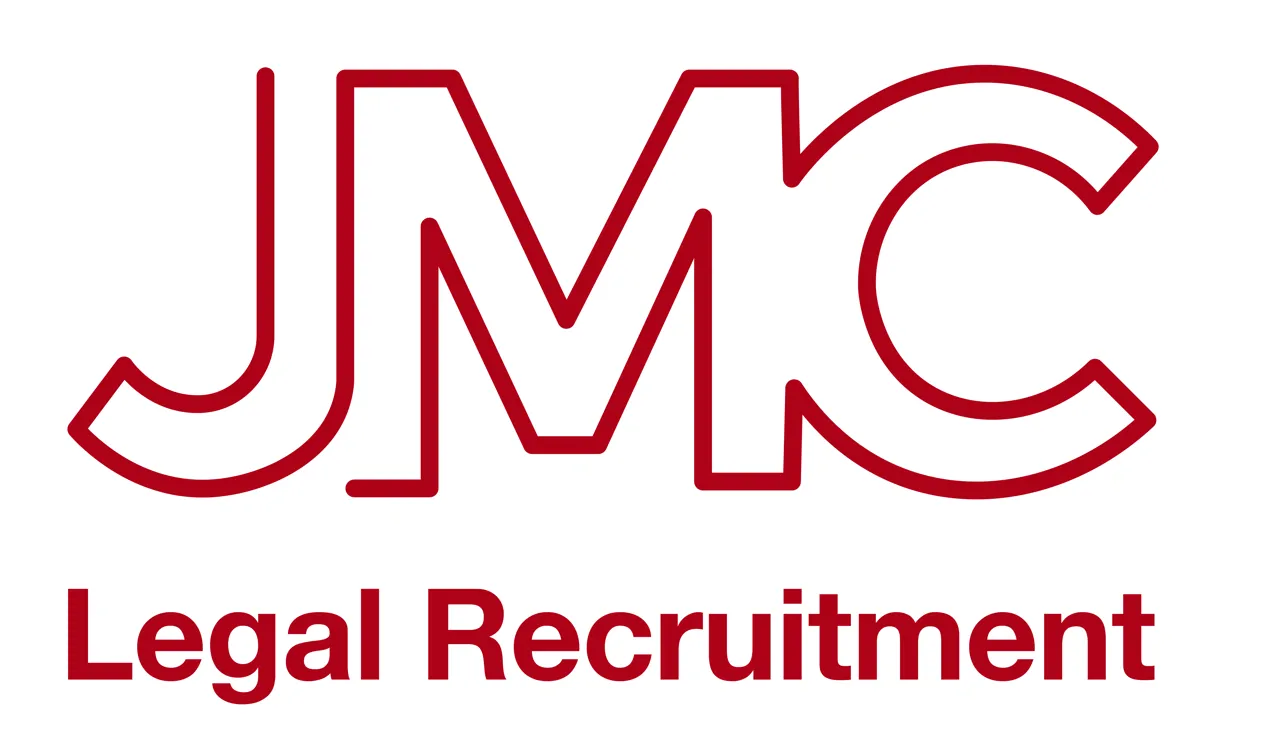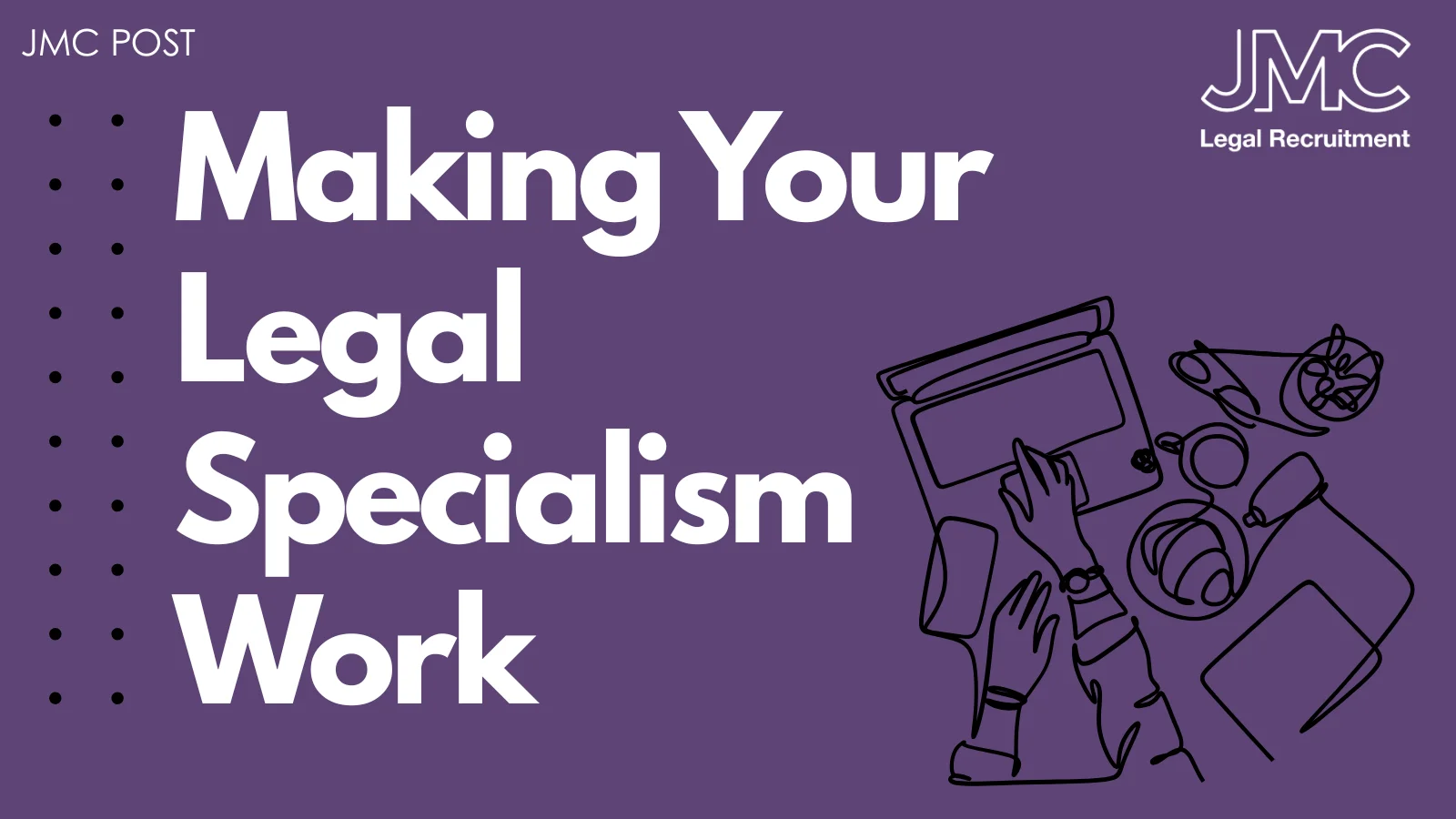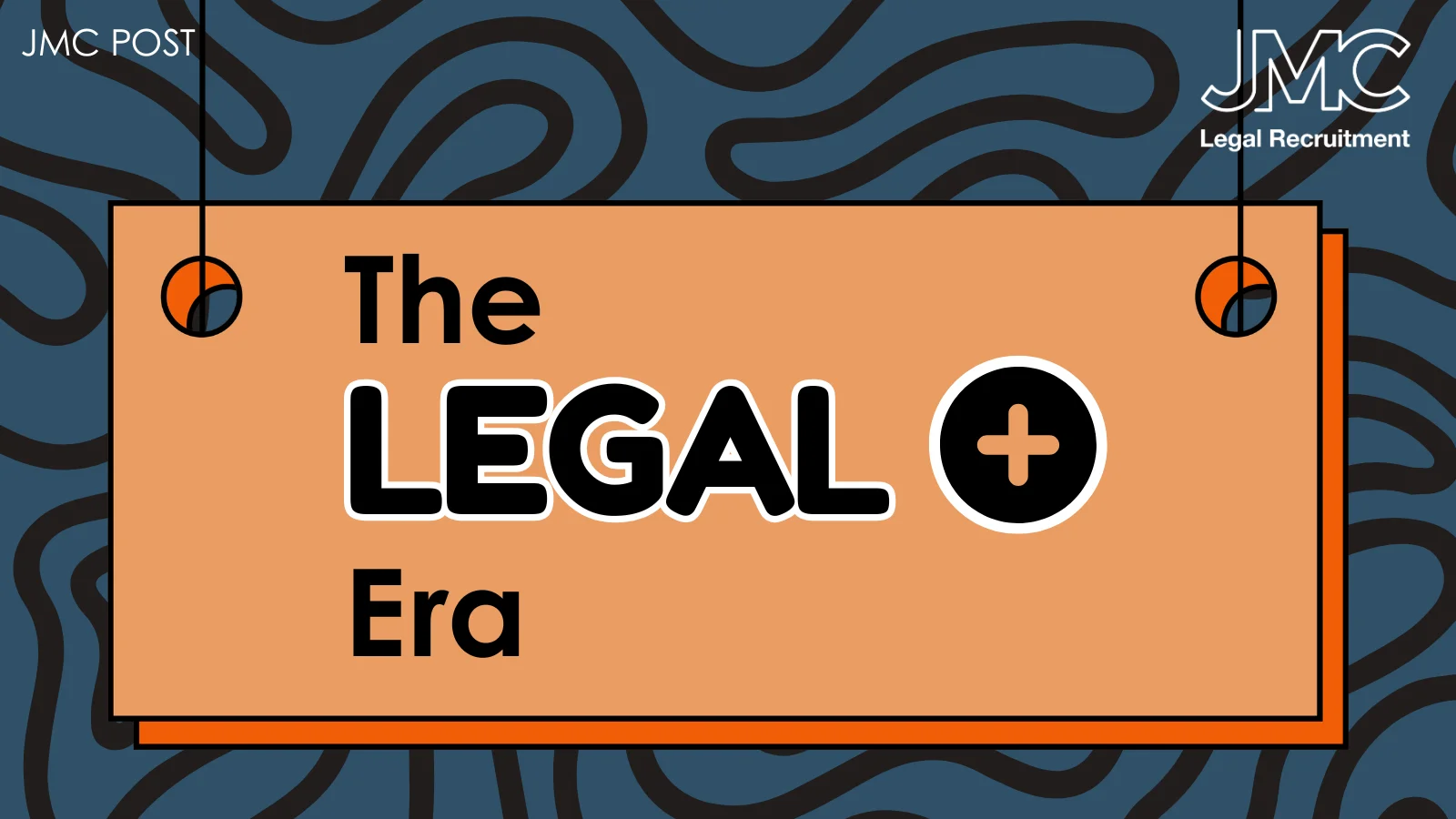
The 4 Stages of AI Denial
20 Nov, 20255 minutes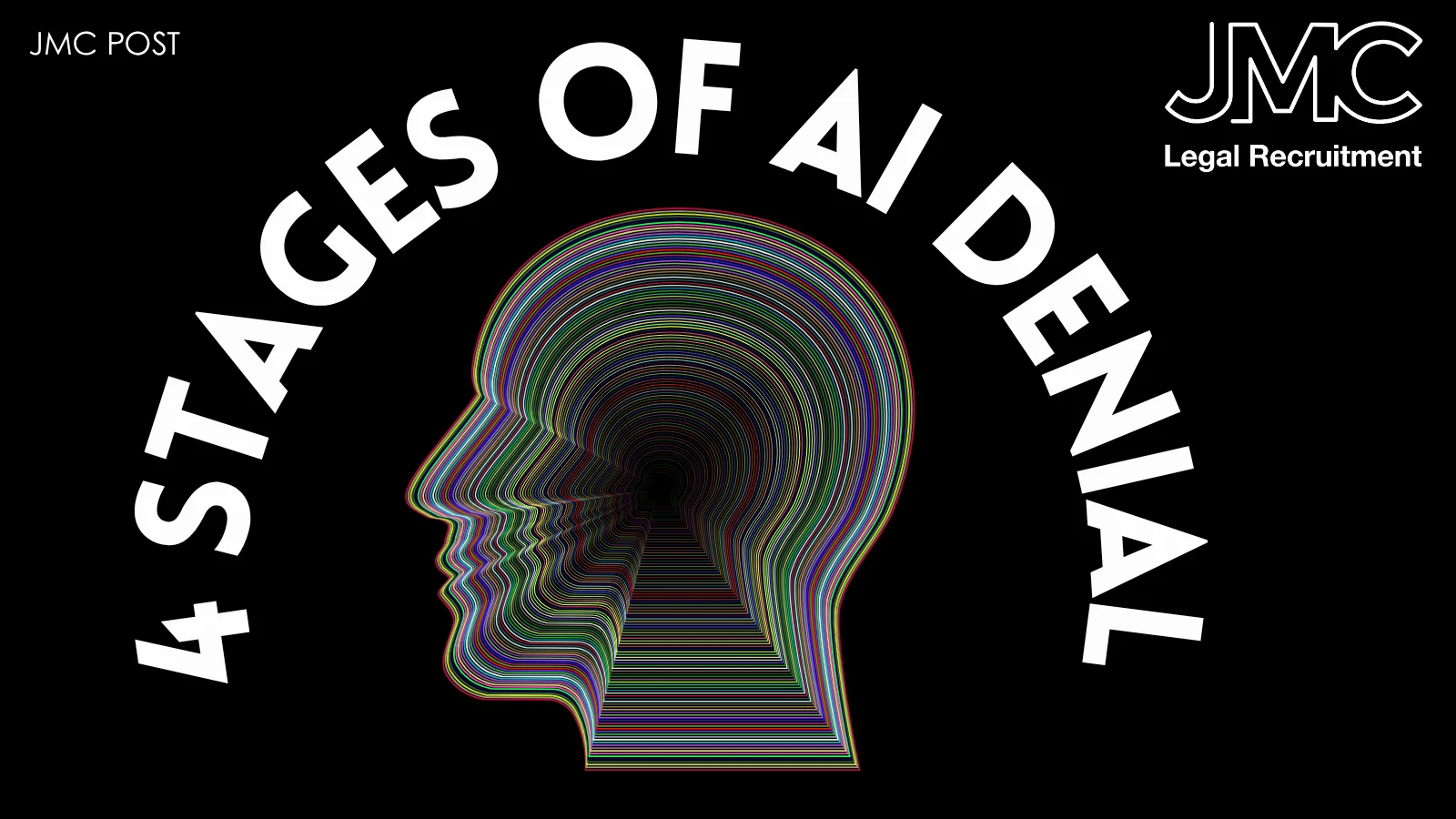
The 4 Stages of AI Denial
How Law Firms and Lawyers Can Overcome the '4 Stages of AI Denial' for Integration and Future-Proofing Legal Practice
Every few decades, humanity meets a technology that quietly rewrites the rules - and almost every time, we underestimate it.
When the printing press emerged, scholars warned it would “flood the world with useless books.” When electricity arrived, people feared homes would explode. When the internet appeared, few imagined it would transform global commerce, communication, and law within a single generation.
Now, history is repeating itself with artificial intelligence.
For law firms today, denial doesn't just mean falling behind; it means giving up a crucial competitive advantage in efficiency, client service, and pricing to those who adapt first.
What’s most revealing isn’t the technology itself - it’s how predictably we react to it. From scepticism to panic to acceptance, we move through the same psychological cycle every time. We tell ourselves we have decades to adapt… right up until the moment we don’t.
We saw it with IBM’s Deep Blue defeating Garry Kasparov in chess. We saw it with DeepMind’s AlphaGo overcoming Lee Sedol at Go. And now we’re seeing it again - in law firms, courtrooms, and client meetings - as AI moves from experiment to everyday tool faster than most professionals can process.
Humans rarely jump straight to acceptance. We move through four familiar stages of denial - and the legal profession is already halfway through them.
Stage 1: “It will never happen.”
At first, we dismiss new technology outright.
When IBM was developing Deep Blue, experts insisted a machine could never outthink a grandmaster. “Computers don’t understand strategy,” they said.
Sound familiar? It’s the same line we hear today: “AI can’t reason or show judgment - it’s just pattern-matching.”
Stage 2: “Okay, but only under certain conditions.”
Next, we hedge our bets.
“Maybe a computer could beat a club player - but never Kasparov.”
Or in law: “Sure, AI can help with admin or research, but not with legal advice or client work.”
We downplay what’s happening because it’s uncomfortable to face the implications.
Stage 3: “Alright, it’s happening - but slowly.”
Once the evidence becomes undeniable, we move the goalposts again.
“Yes, AI can summarise documents or draft contracts,” some lawyers say, “but meaningful change will take years.”
History tells us otherwise. The jump from Stage 3 to Stage 4 is rarely gradual - it’s exponential.
Stage 4: “It’s here and faster than we thought.”
By this stage, the technology isn’t just matching us - it’s outperforming us in specific, complex areas.
In 1997, Deep Blue beat Garry Kasparov - a full decade earlier than most experts predicted.
In 2016, AlphaGo beat world Go champion Lee Sedol, a milestone WIRED described as “a paradigm shift in AI.”
These weren’t slow evolutions. They were cliff edges - moments where disbelief turned to shock almost overnight.
The Legal Profession Is Following the Same Pattern
Law is moving through these stages too - just more quietly.
- Stage 1: “AI will never replace legal expertise- it’s too human, too nuanced.”
- Stage 2: “Okay, it can assist with research or drafting, but not strategy or client relationships.”
- Stage 3: “It’s happening, but real-world adoption will take years.”
- Stage 4: “It’s reshaping how we work- faster than we thought.”
We’re already transitioning from Stage 2 to Stage 3, but Stage 4 is coming into view faster than many realise...
📊 According to LexisNexis (2024), 61% of UK lawyers now use AI tools daily - up from 46% just a year earlier.
🏢 Major firms are going further: Cleary Gottlieb Steen & Hamilton recently acquired UK-based Springbok AI to build proprietary legal AI solutions (Reuters, 2024).
This isn’t tinkering at the edges; it’s a structural shift in how law is practised, delivered, and valued.
What Does Stage 4 Look Like in the Legal Industry?
AI is already doing more than document review. It’s now able to:
- Analyse thousands of contracts in minutes
- Identify patterns and precedents humans might miss
- Generate strategic insights backed by case data
- Model risk outcomes and suggest negotiation strategies
The question isn’t if AI will reshape legal work - it’s how fast, and who adapts first.
Why This Matters
If you’re in law (or any field AI touches), here’s the key takeaway:
The timeline for change is never as long as we think it is. Deep Blue and AlphaGo proved that disruption doesn’t unfold gradually, it accelerates suddenly. The leap from “interesting experiment” to “industry standard” often happens overnight.
Here’s what legal teams need to be doing now, not later:
1️⃣ Don’t assume you have years
Waiting for AI regulation to settle or for the technology to “mature” is the modern equivalent of assuming Kasparov could never lose to a machine. Every major shift looks far away… until it isn’t.
2️⃣ Shift the question from if to how
Forward-thinking firms aren’t debating whether AI belongs in the legal profession. They’re already mapping out how it will reshape workflows, client service, pricing, and risk.
3️⃣ Prepare for transformation, not just augmentation
AI isn’t a convenient admin tool anymore, it’s rapidly becoming the backbone of modern legal operations. Lawyers who understand how to work with AI will outperform those still clinging to manual processes.
4️⃣ Build governance, ethics, and training now
When client expectations and regulatory frameworks catch up, those who have already invested in AI fluency, not just AI access, will be the ones leading the profession.
What Firms and Legal Teams Should Be Doing Next
This is the part many articles miss: what to do about it. Here’s where law firms, in house legal teams, and employers can take meaningful action today.
For Law Firms (Private Practice)
To stay competitive, firms should start building capability before the market forces them to. Practical steps include:
- Investing in structured AI training so lawyers understand both the risks and opportunities.
- Upskilling teams in legal technology, automation tools, and safe use of generative AI.
- Considering specialist legal tech hires or building innovation teams that stay ahead of market shifts.
- Implementing internal AI systemsfollowing the lead of firms already moving decisively:
- Allen & Overy’s “Harvey” (AI-powered legal assistant)
- Clifford Chance’s “CC Assist” (AI-supported drafting & research)
- Norton Rose Fulbright’s “NRF Transform” (automation, legal ops, workflow redesign)
These firms are leading the pack in operationalising AI. Anyone waiting for “proof of concept” is already behind.
For Businesses Hiring Legal Teams
The expectations of modern legal departments are changing fast. When hiring legal counsel, employers should prioritise candidates, especially in house legal counsel, who can bridge the gap between legal risk and technological transformation.
What this means in practice:
- Understanding how AI tools operate within the business
- Knowing what “safe use of generative AI” looks like in commercial settings
- Being able to oversee AI governance, data protection, and ethical deployment
- Aligning legal advice with your wider AI roadmap and digital transformation goals
Your future in house legal function cannot operate in isolation. They must be able to support regulatory compliance, drive innovation, and anticipate the legal implications of AI across every department from HR to product development.
Stepping Into an AI Driven Future
The stories of Deep Blue and AlphaGo aren’t tech trivia - they’re warning signs.
Every time, disbelief gives way to cautious acceptance… and then to astonishment at how quickly the world changed. In law, we’re walking the same path. The bigger risk isn’t that AI will transform the profession, it’s assuming it won’t yet.
The future of law won’t be man versus machine.
It’ll be man with machine - and how quickly we learn to play that game.
Can we help you to find a AI savvy lawyer?
If you’re hiring legal counsel or building your in house legal team, you now need lawyers who understand AI, automation, and modern legal technology.
We help companies find legal professionals who can support AI governance, manage digital risk, and operate confidently in tech-enabled environments.
Speak to Dan Tudor
For support with hiring in-house legal counsel who are ready for AI-driven work, get in touch with Dan Tudor today.
Related Articles:
How to Read In House Job Specs
General Counsel vs. Legal Counsel (What’s the Difference – and Which Does Your Business Need?)
